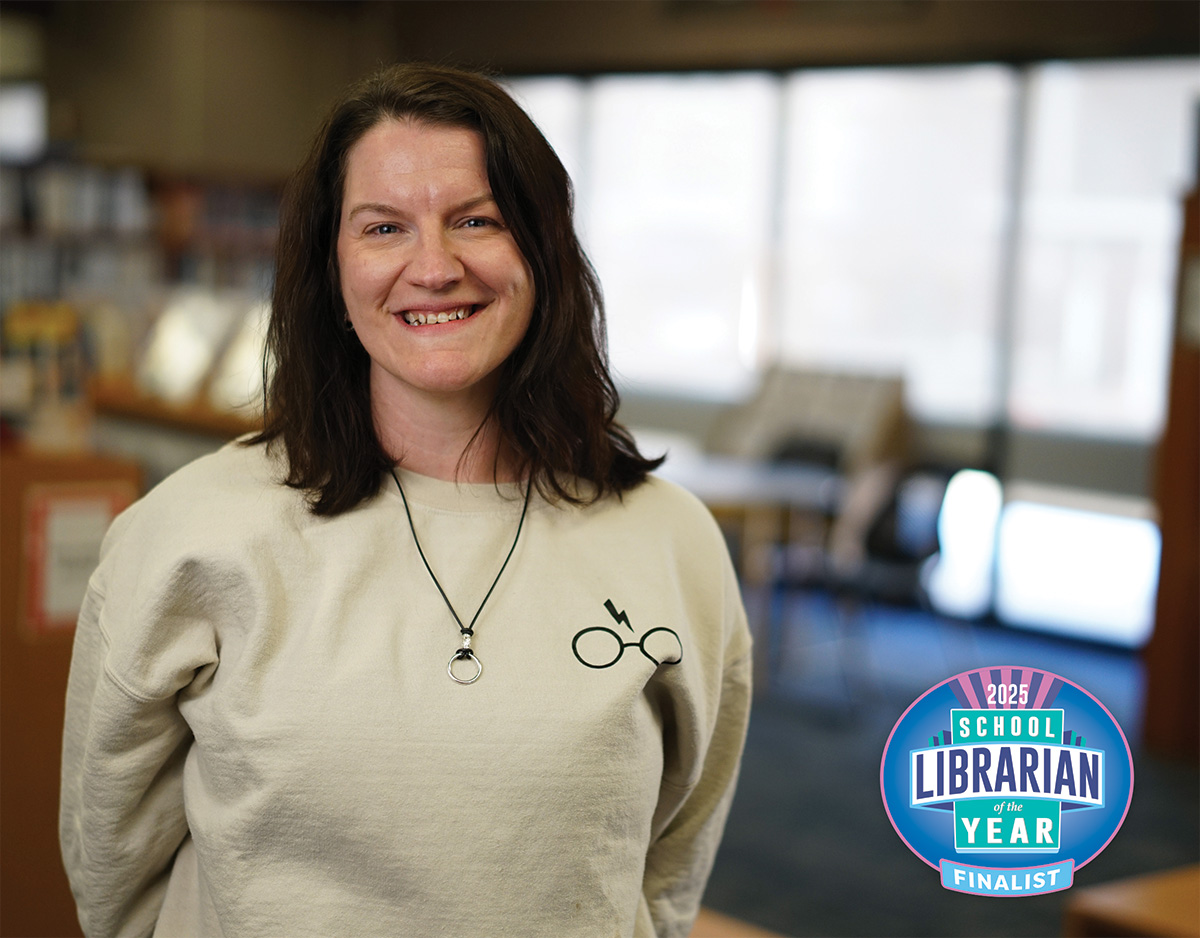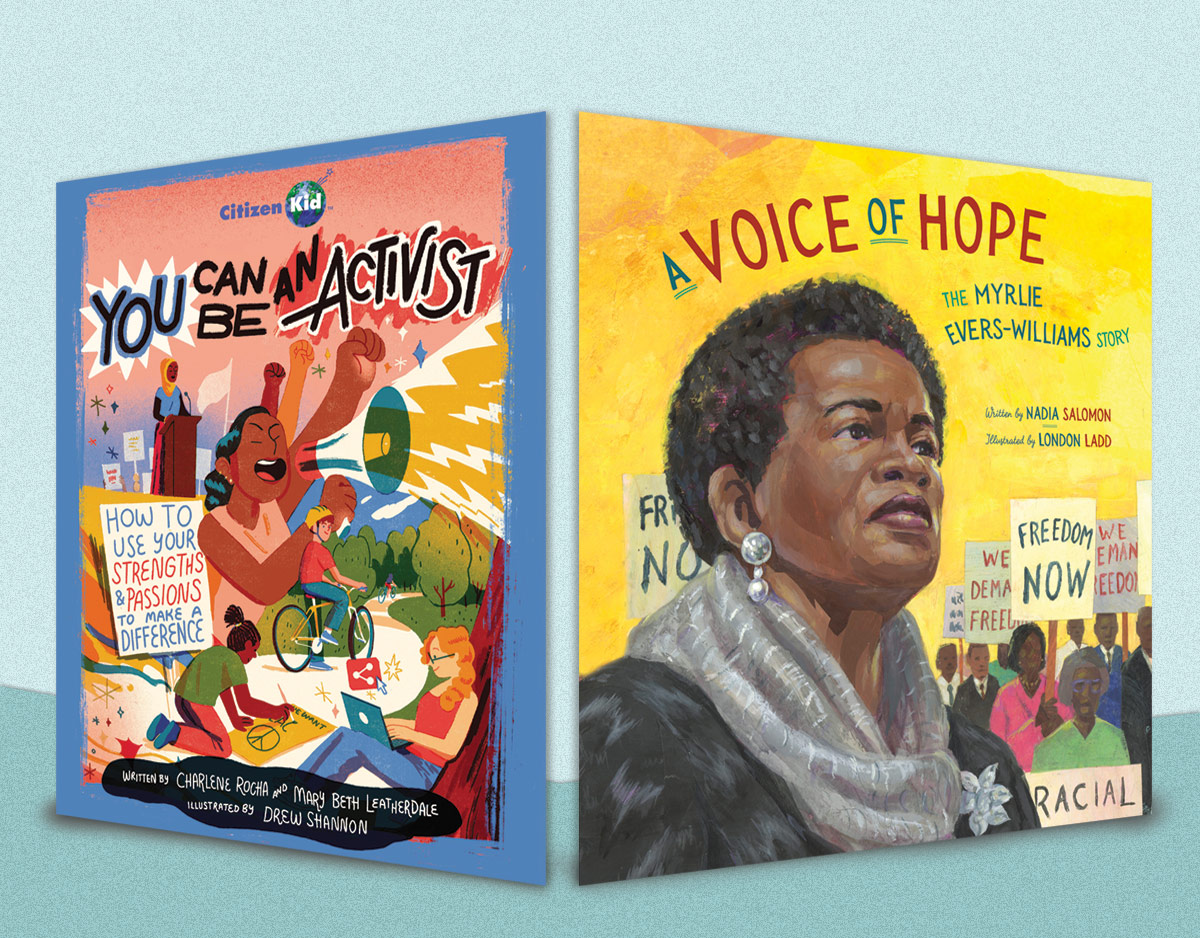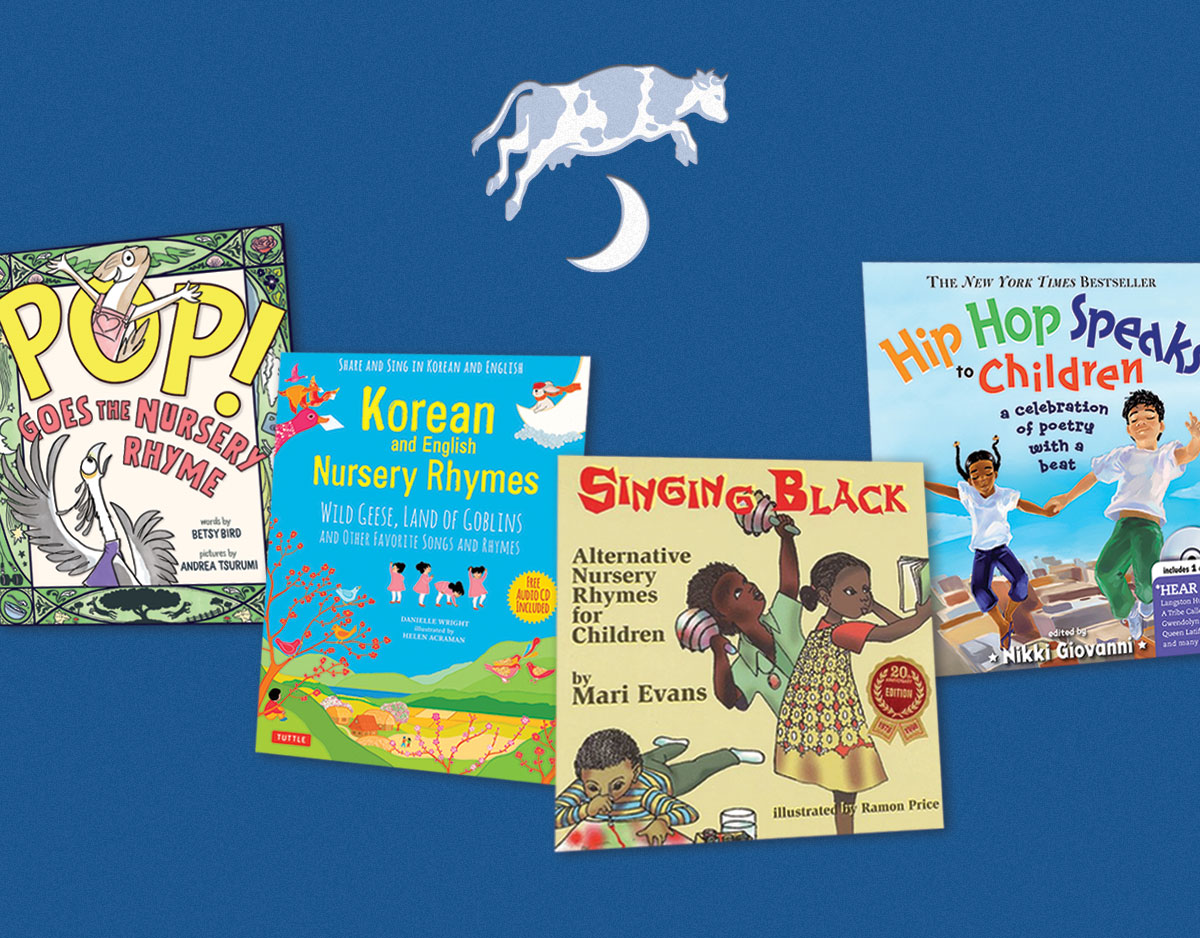SCROLL DOWN TO READ THE POST
But What Do The Rules Say?
Yes, I am that person, and I suspect that when I’m talked about behind my back, this is one of the things that causes eye-rolls (or worse) directed at me.
Blame it on my personality; or blame it on law school. A couple of things that really matter to me: how we define the words we use; and, when talking about specific things like awards or lists, knowing what the rules are that define the purpose of those awards or lists.
 This came up recently in discussion of YALSA’s William C. Morris YA Debut Award, and, specifically, the issue of what is a “debut.” For those of us wondering what books may show up on the shortlist, it matters. The list was announced last week (my post on the shortlist), and what two titles on the shortlist had raised some questions about just what a “debut” is. Those titles are Seraphina by Rachel Hartman; and The Miseducation of Cameron Post by emily m. danforth.
This came up recently in discussion of YALSA’s William C. Morris YA Debut Award, and, specifically, the issue of what is a “debut.” For those of us wondering what books may show up on the shortlist, it matters. The list was announced last week (my post on the shortlist), and what two titles on the shortlist had raised some questions about just what a “debut” is. Those titles are Seraphina by Rachel Hartman; and The Miseducation of Cameron Post by emily m. danforth.
ADVERTISEMENT
ADVERTISEMENT
Let me be clear about the intentions of my post: to explore, for those who wondered, just what definitions, logic, and interpretation I believe the committee and/or YALSA went through in reaching the decision that these two authors and their books were eligible for the Morris Award.
First, read the policies and procedures of the Award in full. I’m only going to quote here what I find pertinent.
Second, I’ll briefly mention the two questions. In a comment to Someday My Printz Will Come’s discussion of Cameron Post, J Curry said: “I have another question about eligibility.  Since this was originally published as a doctoral dissertation by the University of Nebraska in 2011, would it still be considered eligible for Printz?”
Since this was originally published as a doctoral dissertation by the University of Nebraska in 2011, would it still be considered eligible for Printz?”
As for Seraphina, as is explained in two Wikipedia entries (Seraphina and Amy Unbounded), the author first invented that fantasy world in comic books, several that were then self-published in a one volume graphic novel. There was some discussion as to what that meant to Morris eligibility at the Someday My Printz Will Come discussion of Seraphina.
Since both these titles are on the Morris shortlist, Seraphina and Cameron Post are both considered “debuts” for the purposes of the Morris Award, and the dissertation and the self published graphic novel don’t change that.
In discussions on and offline, people have said “but, but, it’s not a debut” especially for Seraphina. Kelly Jensen and I had discussions on it, and those discussions ended up in this blog post, as well as hers at Stacked, What is a debut novel? Thoughts on the Morris Award. At this point, let me emphasize a point that Kelly makes and I want to, also: this discussion is done with respect to the hardworking committee members; to the authors and the books; and to YALSA. This is a discussion about the rules, the policies, the procedures, and the words themselves.
Let’s look at the applicable rules, specifically number 2 . “The award winner(s) must not have previously published a book for any audience. Books previously published in another country, however, may be considered if an American edition has been published during the period of eligibility.”. In 2008, Sophie Brookover and myself co-wrote Pop Goes the Library. Under these rules, this non-YA book means neither of us are eligible for the Morris Award should either of us ever decide to publish a YA book.
As applied to Cameron Post, I think it’s clear that a doctoral dissertation does not count as “previously published a book” so that discussion is short and sweet, and a relief to all people in MFA programs that publish their dissertations, and we don’t even have to get into how much a dissertation is rewritten or revised or added to between the MFA program and being published as a book, etc etc. Chances are, Cameron Post isn’t the first Morris shortlist title that had this type of history. So, easy answer!
 Regarding Seraphina, my initial reaction was not eligible. The author published a graphic novel! As Kelly notes, it was reviewed by Publishers Weekly! Searches on WorldCat show it’s in libraries Then I reread the rules; and my position changed. (A bit on that below).
Regarding Seraphina, my initial reaction was not eligible. The author published a graphic novel! As Kelly notes, it was reviewed by Publishers Weekly! Searches on WorldCat show it’s in libraries Then I reread the rules; and my position changed. (A bit on that below).
First rule of law school: read all the rules. Don’t stop with the one you think is the answer. And this is where things get interesting, because number 13 says: “Titles that are self-published, published only in eBook format, and/or published from a publisher outside of the US will not be considered eligible until the first year the book is available in print through a US publishing house.”
Another thing from law school. See if you can find the history behind rules and amendments. I honestly don’t remember when I initially read the Morris rules, so I don’t know if I read them before or after the rules were revised, as explained in this YALSA board document. The history behind something is helpful to understand why a change came about, but, ultimately, doesn’t matter because it’s the actual rules that govern. I’ll share without comment the rationale for 13, which was added this past year to the rule: “It is impossible to verify original publication date if a book is self published. According to Morris policies, a book must be published within the calendar year to be eligible. Limiting eligibility to books that have been published by a publishing company removes any ambiguity about eligibility and also keeps things equitable, since it would be impossible to identify any and all eligible self published titles in any/every format. Furthermore, if a book is only available as an eBook, it is not widely available to teens or libraries.” (Moral of the story: read the YALSA board documents! Read the president’s report!)
ADVERTISEMENT
ADVERTISEMENT
So where does that leave us? Self published books, and books only published in eBook format, are not eligible for the Morris. The stated rationale has to do with verification of publication date. I don’t think it was meant to start any big debate about the validity of self-publishing. Still, it’s there: those books (self published or eBook only) are not eligible for the award. They are not “debut” books.
Current self-published authors can either breath a sigh of relief that they are still eligible, one day, for the Morris Award; or shake a fist of fury in the direction of YALSA as they cry, “my book is too a real debut book!”
Those who read this blog, follow me on Twitter, or know me in person know that, with very few, very specific exceptions, I don’t read or review self-published books. I don’t want to delve into that any further, because this is more about the Morris Award, but Kelly does explore the area in more depth in her blog post. I’ll say this: given the different paths to self-publication, and given how some people are arguing that teens should self-publish their work (and that libraries should be involved in that), I think that not all people who self-publish or encourage others to do so consider the long-term impact of self-publishing. Some do, absolutely. But I’m glad to know that, for YALSA at least, the fourteen year olds whose books are published by their parents remains eligible for this Award if they decide, as adults, to pursue traditional publishing.
If a book is not eligible for the award – so, in other words, not quite a “book” – how can its existence serve to count as the “previously published” book that would block eligibility? That seems a pretty unfair thing to do to a writer. A valid interpretation of these rules is that 13 clarifies 2 to mean that “previously published” does not include self-published or eBook only books. This fits the rationale of the Award: “experienced and reputable, previously published authors.” Is the person who self-publishes “experienced” to the degree to no longer be eligible for the Award?
So, what are your thoughts on debut novels and the Morris rules?
Filed under: Reviews
About Elizabeth Burns
Looking for a place to talk about young adult books? Pull up a chair, have a cup of tea, and let's chat. I am a New Jersey librarian. My opinions do not reflect those of my employer, SLJ, YALSA, or anyone else. On Twitter I'm @LizB; my email is lizzy.burns@gmail.com.
ADVERTISEMENT
SLJ Blog Network
Should I make it holographic? Let’s make it holographic: a JUST ONE WAVE preorder gift for you
Press Release Fun: Happy Inaugural We Need Diverse Books Day!
Halfway There: A Graphic Memoir of Self Discovery | Review
Fifteen early Mock Newbery 2026 Contenders
RA Tool of the Week: Inside Out Inspired Emotions, but Make it YA Books
The Classroom Bookshelf is Moving
ADVERTISEMENT
ADVERTISEMENT







